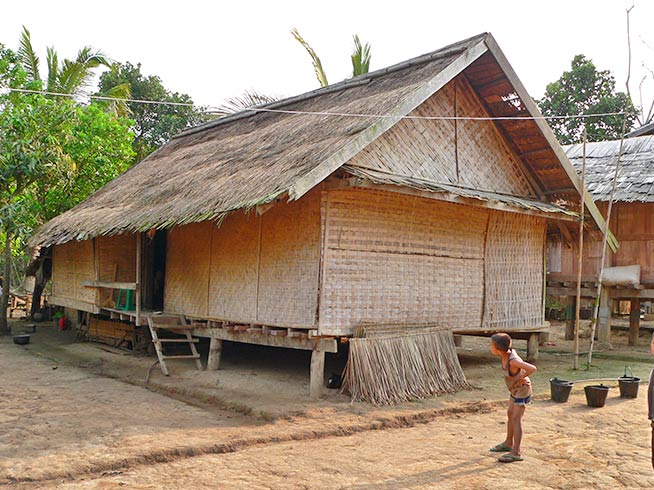A new decree issued by the Laos government in December 2017 and now being enforced across the country leaves Christians and churches vulnerable to prosecution.
The vaguely worded law requires “associations”, a catch all term which covers groups from clubs to non-profits, to meet stringent registration criteria.
Associations are also prohibited from a number of activities. They are not allowed “to support or carry out activities that threaten national security, social order … national, local and ethnic traditions” and are also banned from anything which will “divide national, [or] local solidarity”.

The vagueness of the wording means that the authorities are free to define what constitutes threatening “social order” or other alleged breaches and thus use the law against whomever they choose. Based on past practice, this is likely to be Christians and churches. The decree effectively places the state as the final arbiter of permissible religious activities, which are already tightly regulated.
Although all religious organisations are required to register by the atheistic Communist government, local officials are typically highly suspicious of Christians while allowing Buddhists comparative religious freedom. In December 2017, when five Christians were arrested in Phin District, a local official stated, “They are not allowed to teach from the Bible or to spread their religion to others, because Christianity is the religion of the Europeans and Americans.” Opposition to Christians is particularly strong in rural areas.
Approval for Christian activities is rarely granted. But even if Christian groups are able to meet the requirements for registration as an “association”, they now face potential prosecution for vague offenses, such as threatening “social order” or “local and ethnic traditions”.

